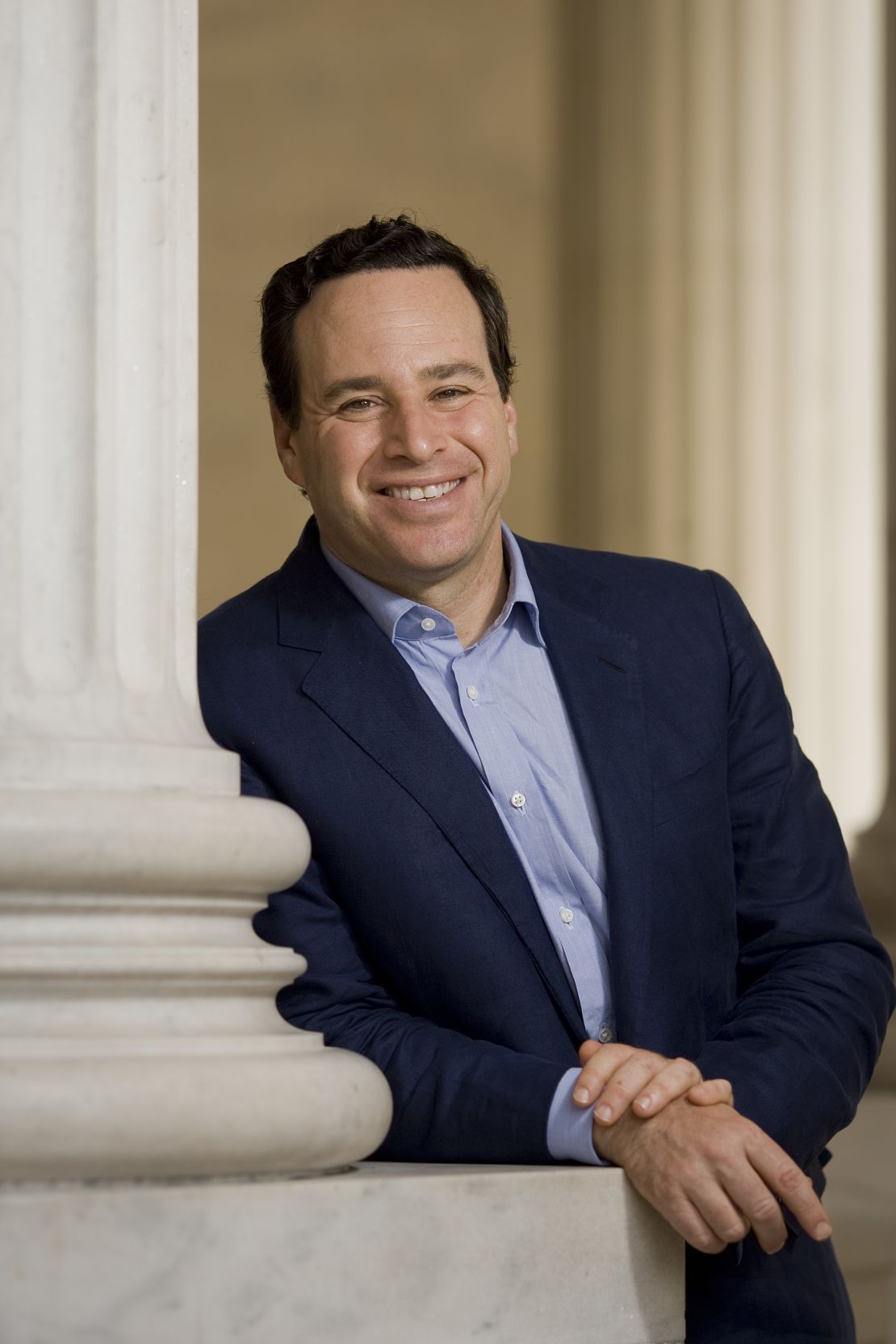Editor’s Note: David Frum, a CNN contributor, was a special assistant to President George W. Bush from 2001 to 2002. He is the author of six books, including “Comeback: Conservatism That Can Win Again.”
Story highlights
David Frum: In South Carolina primary, GOP voters tend to be older
He says they haven't been hurt as badly by recession as most Americans
Frum says the elderly get a disproportionate share of government benefits
He says older GOP voters fear loss of benefits, want strong leader to protect their interests
Saturday’s South Carolina primary should be all about the economy.
South Carolina was hit hard by the economic collapse of 2008, and it has been slow to recover.
The state’s unemployment rate is 9.9%, eighth worst in the country (if you count the District of Columbia as a state). Iowa and New Hampshire, by contrast, ranked sixth and fourth best respectively.

Despite the grim economic numbers, Newt Gingrich’s first TV attack ad focused on Mitt Romney’s record on abortion, not economics.
Why?
Perhaps for this reason: Those South Carolinians most affected by the state’s economic distress do not vote in the Republican primary. The S.C. Republican primary is dominated by older voters, many of them retired, who have escaped the worst shock of the economic crisis.
In 2008, 24% of Republican primary voters in South Carolina were 65 or older.
That number should rise significantly in 2012. Over the past three years, the median age of self-identified Republicans has spiked nationwide. In 2010, Republicans won 63% of the vote of white seniors.
And of all the country’s demographic groups, it is white seniors who have suffered least from the economic crisis. Generous social programs shelter the elderly from the slump.
Julia Isaacs of the Brookings Institution calculates:
“Public spending on children averaged $8,942 per child under age 19 in 2004 according to estimates presented in the paper. In the same year, public spending on the elderly was $21,904 per elderly person, or 2.4 times as high as that on children. The tilt toward the elderly is much higher if one looks just at the federal budget, with an elderly person receiving $7 for every dollar received by a child.”
The economic security of the elderly is especially striking in South Carolina.
South Carolinians 65 and older – like all Americans – are protected by Medicare. The rest of the population is one of the most medically exposed in the country: 19.4% of South Carolinians are uninsured, one of the highest rates in the nation.
South Carolina is a poor state. South Carolina’s poverty rate is 3 points higher than the national average. Median income is $8,000 lower.
Yet thanks to an influx of more baby-boomer retirees, the senior population of South Carolina enjoys comparative affluence. From 2002 and 2005, South Carolina issued more than 21,000 first-time driver’s licenses to people 60 and older. One popular retirement destination, Beaufort,saw its 65-and-older population grow by 76% in the 1990s.
That might explain why South Carolina, despite its overall poverty, ranks 10th from the bottom in its home foreclosure rate.
Contra the famous song by The Who, in South Carolina it is the elderly who are alright. Yet this personal well-being has not translated into political contentment. On the contrary, the wider the economic gap grows between the older and the younger, the more frightened the older become that the young – and especially the nonwhite young, under their nonwhite president – may try to “redistribute” the elderly’s economic benefits away from them.
As Ron Brownstein has reported, those whites who think the pace of racial change is “too fast” are almost 50% more likely to agree that “government is the cause of our economic problems” than those whites comfortable with the pace of racial change.
These fears of redistribution explain much of the psychic background to the elections of 2010 and 2012.
They explain why the most comfortable elements of the voting population express the most political radicalism and why the calm, practical Mitt Romney has so failed to excite much enthusiasm in the Republican voting base. Republican voters are not looking for a businessman to fix the economy. They are looking for an angry fighter to protect them against the pillage they expect and dread in the years ahead.
Follow @CNNOpinion on Twitter and join the conversation on Facebook
The opinions expressed in this commentary are solely those of David Frum.
